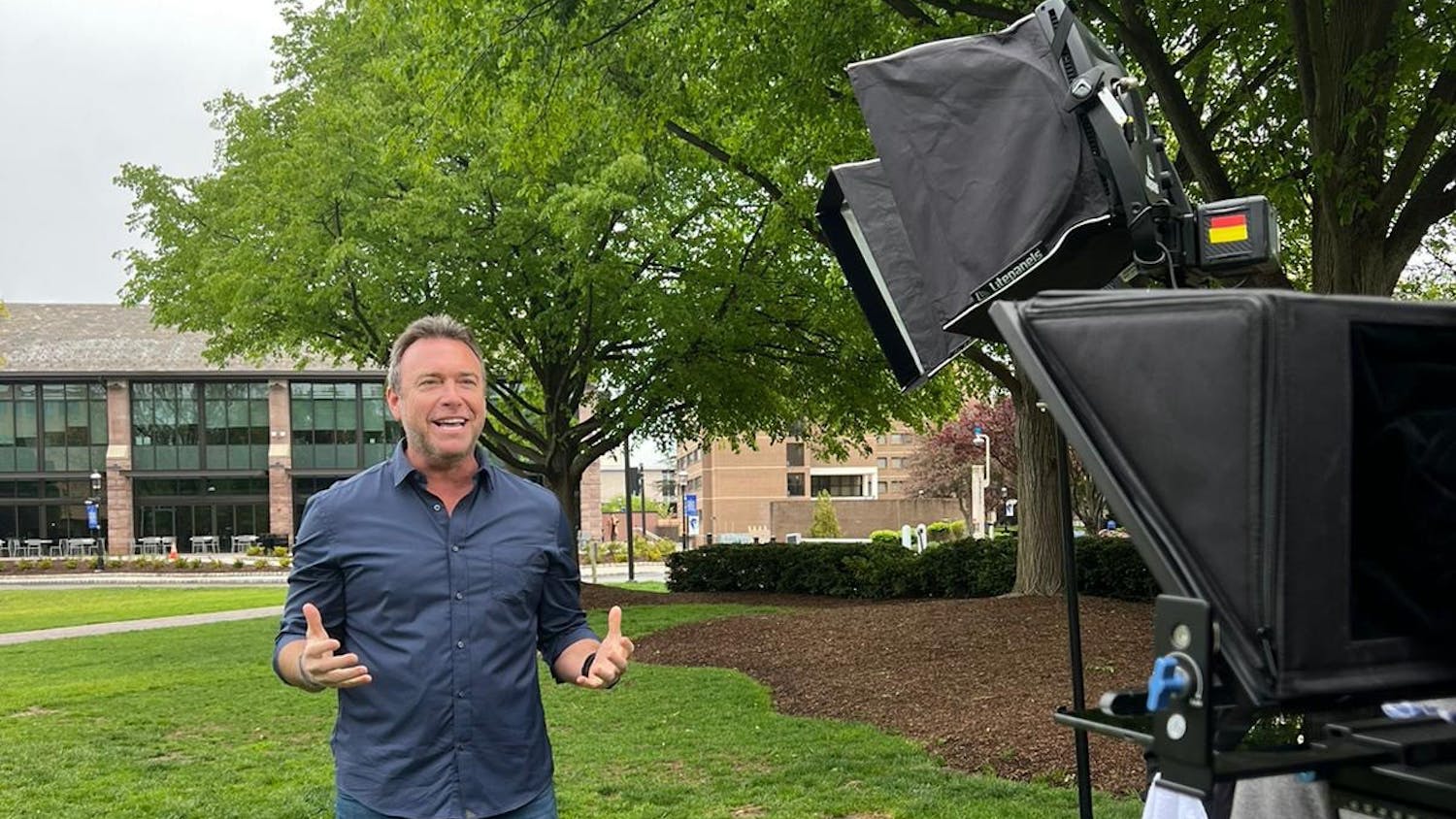Contemporary visual artist, conceptualist and sculptor Wolfgang Laib dusts spring into the winter woodwork of February with his most recent creation "Pollen From Hazelnut," located on the first floor of the Museum of Modern Art (MOMA) in New York City.
Created uniquely for the sparse, high-ceilinged walls of the Donald B. and Catherine C. Marron Atrium, the center point of the museum, Wolfgang pressed pollen from the trees and plants of his birthplace in Germany onto a large slab of concrete. The intense lighting and square angularity of the room all work in unison to illuminate the textured yellow work. The contrast between the vibrant pollen and the grey muted border also reminds us of the natural landscape swallowed by the vast urban development of NYC.
Wolfgang sources his materials directly from the earth, most often combining milk, honey, beeswax, pollen and rice into a post-minimalistic form of land art. One can feel the artist's painstaking and time consuming process of obtaining the materials only found in nature.
For this specific project, Wolfgang began collecting the pollen during the spring and summer months of the early 1990s, extracting the delicate material solely from the hazelnut flower then bottling it in glass jars for later use.
Despite art critics' somewhat jaded opinion of the concept of minimalism that Wolfgang so heavily applies, "Pollen From Hazelnut" cannot be criticized without acknowledging his own pastoral presence found among the layered hues of the pollen. These strains of personality do not overshadow the art itself and certainly can elicit individual reactions. However brief an internal response this is, the piece deserves to be seen in person.
"Pollen From Hazelnut" will run in the MOMA through March 11. Detailed information of the artist and his work can be found under the exhibitions tab on the museum's website.
Benjamin Rader can be reached at benjamin.rader@student.shu.edu.





